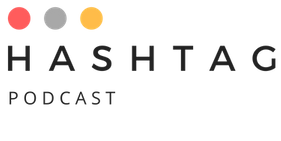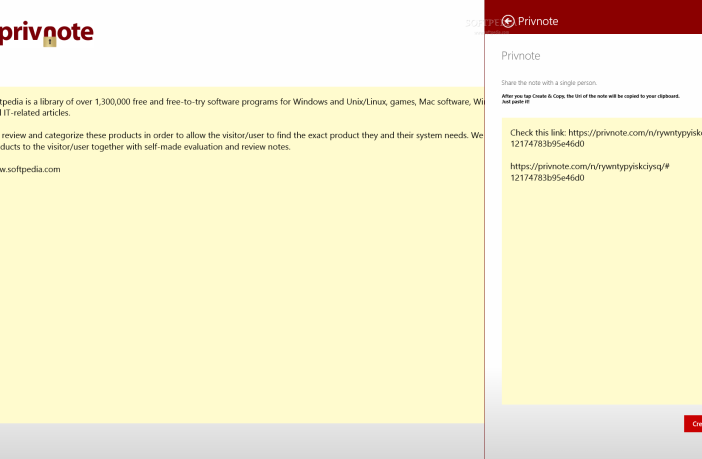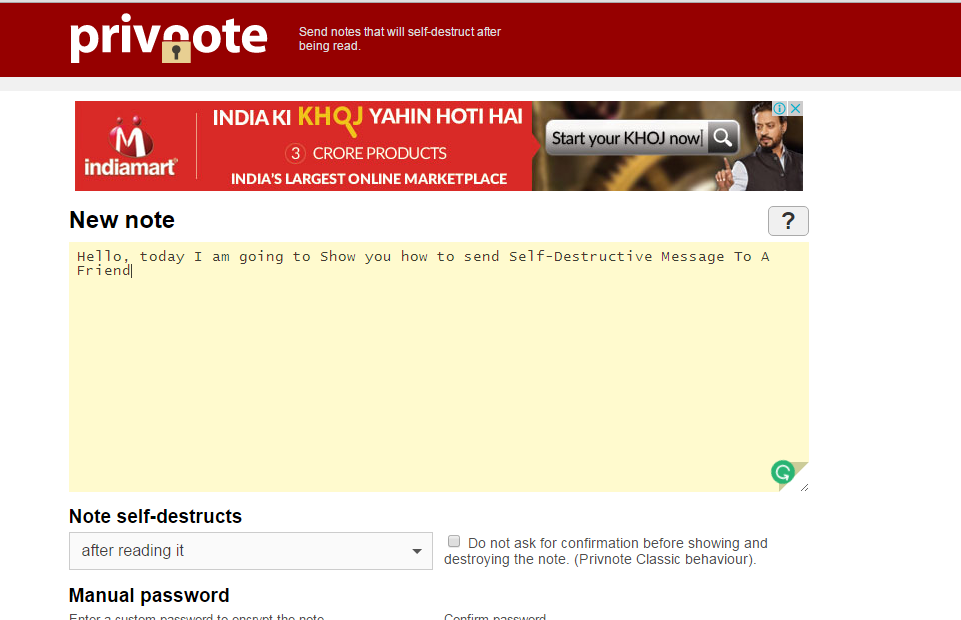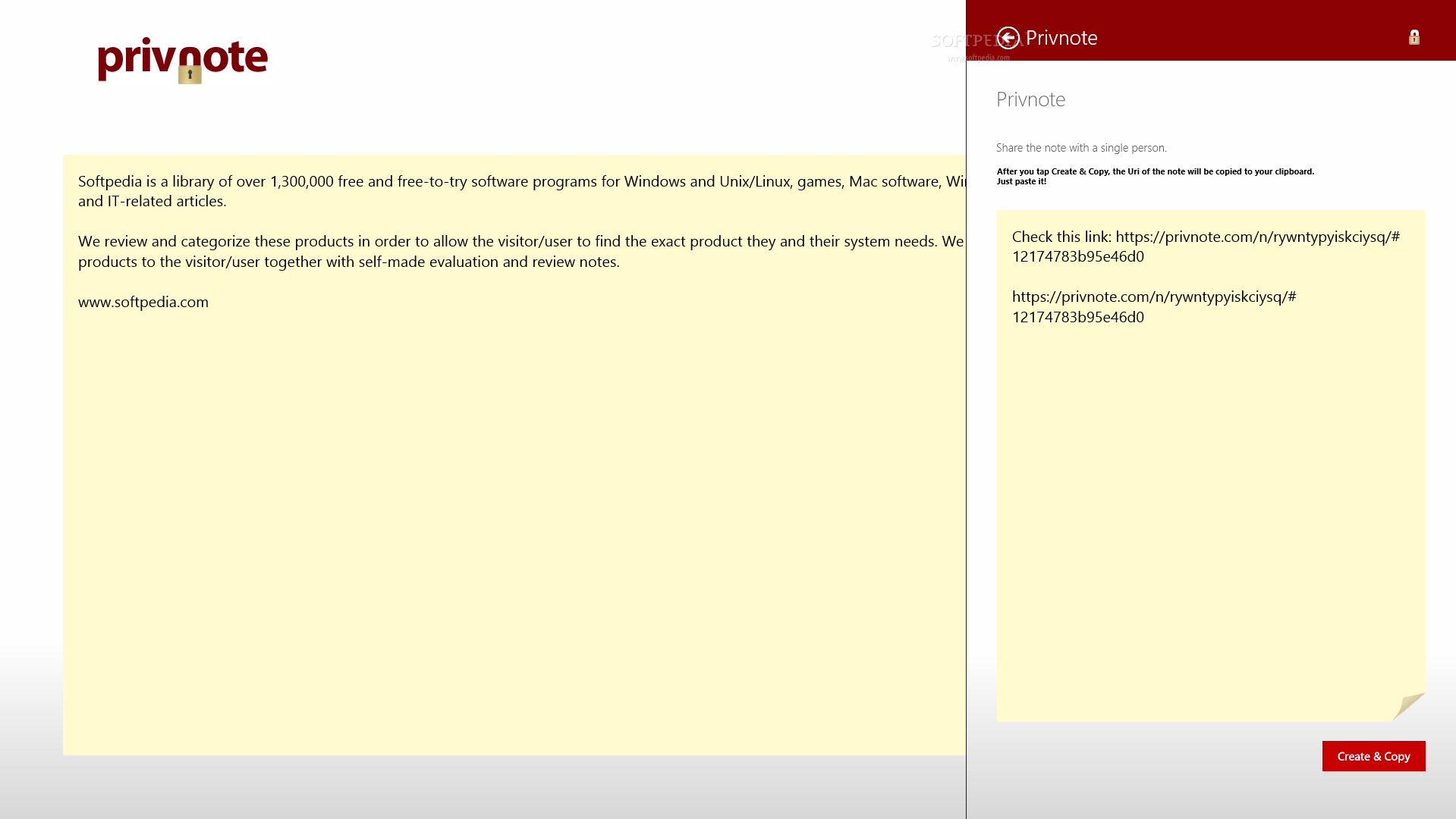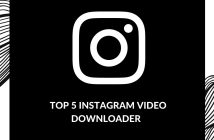The concept of private notes is a relatively new one for me and I’ve only just scratched the surface when it comes to using them. There are so many different kinds of notes that one can use, from grocery lists, to business purposes. So what are they exactly? And how do they work? There are several benefits of having the option of using the quality features of the online world such as private messages. There is no requirement of being worried or trying any option that is difficult to choose. If you are willing to keep your privacy more than connect with the online options.
First off, let’s be clear about something. This post isn’t going to delve into all the different types of notes you can use. That would take up way too much space and frankly, there’s not enough time in the day to do that. Instead, my aim here is to give you an idea of how to make good use of your private notes, as well as how to set yourself apart from the competition.
Private notes allow us to keep track of our thoughts and ideas without having to worry about someone else reading them. If we need to write down a shopping list or a reminder to call someone, we don’t have to share those items with anyone who happens to come across our notes. Instead, we’re able to lock our notes away safely in our own personal notebook, which we never share with anyone else. But even if we do decide to share our private notes with someone, they will still have access to only those specific notes.
When we first start using private notes, we might find ourselves asking questions like “what if it gets lost?”, “how am I supposed to remember everything?” and “is this even worth using?”. Let’s answer these three questions by taking a look at some real-life examples.
Example 1 – Keeping Track Of A Shopping List
Let’s say you want to go on vacation and you’ve been trying to figure out where to go. You’ve got some places in mind but you’re still unsure whether you should go to Paris or Miami. After spending hours staring at Google Maps, you finally sit down at your computer and jot down some notes in your private notebook. Your note says:
“Paris, 5 days – Miami, 7 days.”
You then close your laptop and put the notebook back into its box (in case anyone ever wants to see what you’ve written). Now, after thinking about it for a little while, you realize you were wrong and you should actually go to Paris! As luck would have it, you forgot to check your calendar before writing down your shopping list. So you quickly open up your calendar app and see that you have two free weekends available between now and the end of January. One weekend is in Paris and the other is in Miami. Your brain starts to race again and you suddenly remember that your cousin has mentioned he’d love to visit Paris and that you don’t know of any friends who’d want to visit Miami during the winter. Suddenly, your mind is made up. You’ll book flights for both trips next week.
As you can probably imagine, you won’t forget anything this time around because you used private notes to save all the information you needed. You had no reason to share your private notes, so you didn’t. And you never did lose sight of your original plan.
Example 2 – Setting Up A Meeting With A Client
Your boss calls you into his office to discuss a project that you’re working on. He tells you that he needs to meet with another client tomorrow afternoon. You ask him why and he explains that one of his contacts is running late and he needs someone to fill in until he arrives.
He then hands you his private notes and tells you to read through them and get ready for the meeting. Once you finish reading, you notice that several things haven’t been filled in. Before you panic, though, you think to yourself “I’ve got plenty of time; I’ll just do it as soon as I’m finished with this project”. So you go back to the notes and add the missing information. When you’re done, you hand the notes back to your boss and he thanks you for helping out. You tell him you’re glad you could help since it was important that he was prepared.
Now, let’s look at this situation from your boss’ perspective. He knows that you’re capable of doing the job and he trusts you to do it. By giving you his private notes, he’s letting you know that he doesn’t care what you do with them. All he cares about is making sure that he has all the right information at his disposal. In fact, he might even be expecting you to make changes to the notes based on what he says during the meeting. And that’s fine, because he trusts you to do that.
Example 3 – Creating An Appointment Book For Your Family
After a long, hard day at work, you head home and turn on the TV to relax. As you watch a movie, you hear the opening theme song for Law & Order and it reminds you of a conversation you had last night with your wife about buying tickets to the movies. She told you she wanted to buy tickets for her family and asked you if you wanted to join them. Unfortunately, you were busy with a deadline and couldn’t make it but you promised to text her later to confirm.
Later that evening, however, you received a message saying that your wife wants to go to the movies tonight after dinner. You reply to her and agree to join them. You also send her a private note telling her that you’ll pick her up at 6 pm. Then, once everyone’s settled in after dinner, you sit down at your computer and start typing out the details of their upcoming date. You create a separate section in your private notes for each person and then type out the information you have on them.
At the same time, you also keep tabs on your personal notes to make sure that you’ve captured everything you need to prepare for the event. You want to make sure that you have all the information you need for each person so that nothing falls through the cracks. You want to make sure that you don’t miss anything out.
This way, you ensure that nothing slips through the cracks and that you don’t miss anything out. Plus, the whole process takes less than 30 minutes. How cool is that?!
So, is there such thing as a bad use of private notes? Well, yes. They’re meant for personal use only. Using private notes for business purposes is definitely a big no.
If you’re wondering how you can use private notes for business purposes, there’s no simple solution. Each company is different and every industry has its own rules. However, there are a few things you can do to make sure that you’re using private notes in the best possible way.
For starters, make sure that your notes are kept confidential. Never use notes to share personal information with other people or to leave traces of your identity behind when accessing public documents. Make sure you delete all private notes after you’ve finished with them.
Another thing you should consider is to avoid leaving notes lying around. If someone sees your private notes, it will raise suspicions that you’re hiding something. Keep your private notes somewhere safe and secure where you won’t accidentally leave them lying around. Then, whenever you need to refer to them, pull them out and read them.
And lastly, make sure that you always have copies of your private notes. If you lose them, it’s much easier to simply recreate them. You’ll have the opportunity to make corrections, add more notes and generally update your existing notes instead of starting from scratch.
Private notes aren’t for everybody, of course. Some people feel uncomfortable sharing their private notes with anyone other than themselves. Others prefer to keep an eye on the clock and spend their time writing down notes instead of getting distracted by social media apps. Whatever you choose to do, make sure you’re comfortable with whatever approach you take. Just try not to overdo it. Too many private notes and you’ll run the risk of losing focus altogether.
That said, the sky really is the limit when it comes to using private notes. What are you waiting for? Go ahead and give them a try!
